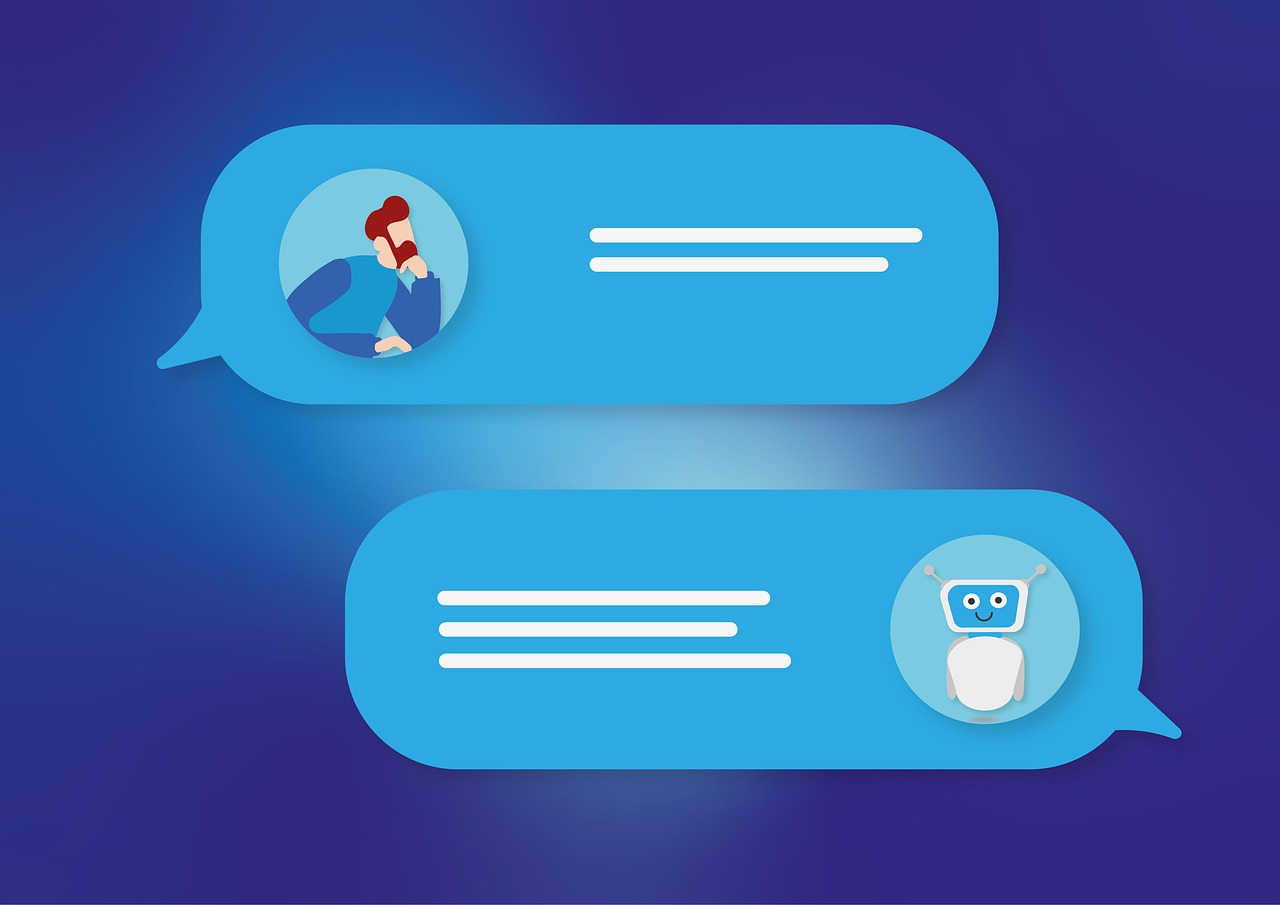Conversations Lead to Conversions with Conversational AI
Conversational marketing has become more important than ever, with over 1.4 billion people using chatbots and social media messaging apps regularly. These apps create meaningful customer relationships through their superior response rate, 24/7 availability, and better customer experience. Conversational...

Conversational marketing has become more important than ever, with over 1.4 billion people using chatbots and social media messaging apps regularly. These apps create meaningful customer relationships through their superior response rate, 24/7 availability, and better customer experience. Conversational marketing is also better at predicting where the buyer stands in the purchase journey, which saves human agents from wasting their precious time on cold prospects.
As the name suggests, conversational AI is a sophisticated technology that is powered by artificial intelligence and machine learning whose aim is to carry out conversations like a human and, solve customer issues/address their needs. Conversational AI finds applications in many industries, including customer service, retail, finance, banking, and so on. Depending on the strategy you are using, conversational AI may involve chatbots, automated email communications, virtual assistants, or all of these. Conversational AI uses a combination of natural language processing and artificial intelligence to understand human speech and give intelligent responses. Conversational AI is highly useful when there are a large number of customer service requests. It can easily tackle the basic ones and pass the more complicated ones to human agents. Conversational AI automates most customer interactions and is an excellent source for collecting zero-party customer data and sharing it with your company so that you can understand customer behaviors and expectations better. As such, they save a lot of labor time and increase workers’ efficiency.
With engagement rates as high as 80-90%, conversational AI tools increase conversion rates even if you do not have the most optimized website. This is because chatbots enable a two-way conversation, and customers can get their issues resolved or their questions answered on the spot. They can quickly get an answer during an emergency, even at midnight, which makes conversational AI so powerful.
Conversational AI Eliminates Bad Leads
Often, lead conversion from marketing to sales is a matter of charm, luck, or persistence. Good leads have a better chance of conversion, and they require less salesperson time. Conversational AI can respond and sort leads in the order of relevance and chance of conversion in a way conventional scoring cannot. AI can answer questions through chatbots on your website and ask its own questions to conduct lead scoring based on your criteria. The conversational AI will transfer the priority leads to the sales team while keeping the others with AI until they become ready for conversation.
Conversational AI Speeds Lead Engagement
Conversion fails when leads are given up, ignored, or there are just too many for customer service agents to handle. With conversational AI, you do not have this problem, as the natural language AI responds to customer emails and queries in a systematic manner and automatically follows up if there are any bumps. Companies that utilize AI-based chatbots witness substantial savings in the labor time they spend on lead quantification and lead nurturing. With conversational AI, leads can be engaged and informed at every step of the funnel.
Conversational AI Does Not Ignore Leads
The marketing team may be sending many leads, but often the sales may not be able to catch and capitalize on every one of them. This is because the sales team is human, and it can only process a certain number of leads in a limited time frame. As such, the sales team capitalizes on the most qualified leads. But if you are using conversational AI platforms, they can send automated emails and follow up on even the lesser qualified leads. They can ask questions and make contact to get how the lead can be engaged and converted. Once these leads have become more qualified, they can be transferred to real people. In this way, your company does not ignore any kind of leads – more or less qualified.
Conversational AI Prevents Leads from Falling Off
Sometimes, the sales team may just give up on certain leads. They want to use their time in the most productive manner and as such filter better leads and customers that respond consistently. With conversational AI, you can avoid any unresponsive leads falling off. Often, some leads are ignored because they are not ready, but they might turn ripe after a couple of weeks or months. The key is keeping the lead engaged throughout that long time. Conversational AI can help you convert that lead by regularly engaging and following up on the conversation. Unlike sales agents, they do not get tired or discouraged and perform the task consistently.
However, you need to be mindful of what kind of follow-up you want to put out. Sometimes, chatbots just spam customer inboxes which can be a source of frustration. Instead, you want your conversational AI to follow maybe just once a week with a more personalized and naturalized language that gives them new information. Many chatbots have failed to satisfy customers as they spam the same message to all customers without customizing it. The modern customer is expecting personalization more than ever. As such, you cannot ignore this need.
Remember that your conversational AI should talk and feel like a human instead of a robot. For 84% of customers, being treated like a real person instead of a code/number was very important for their customer service experience. Many customers may not even realize that their first point of contact was a bot and not a human agent.

 Tekef
Tekef 































